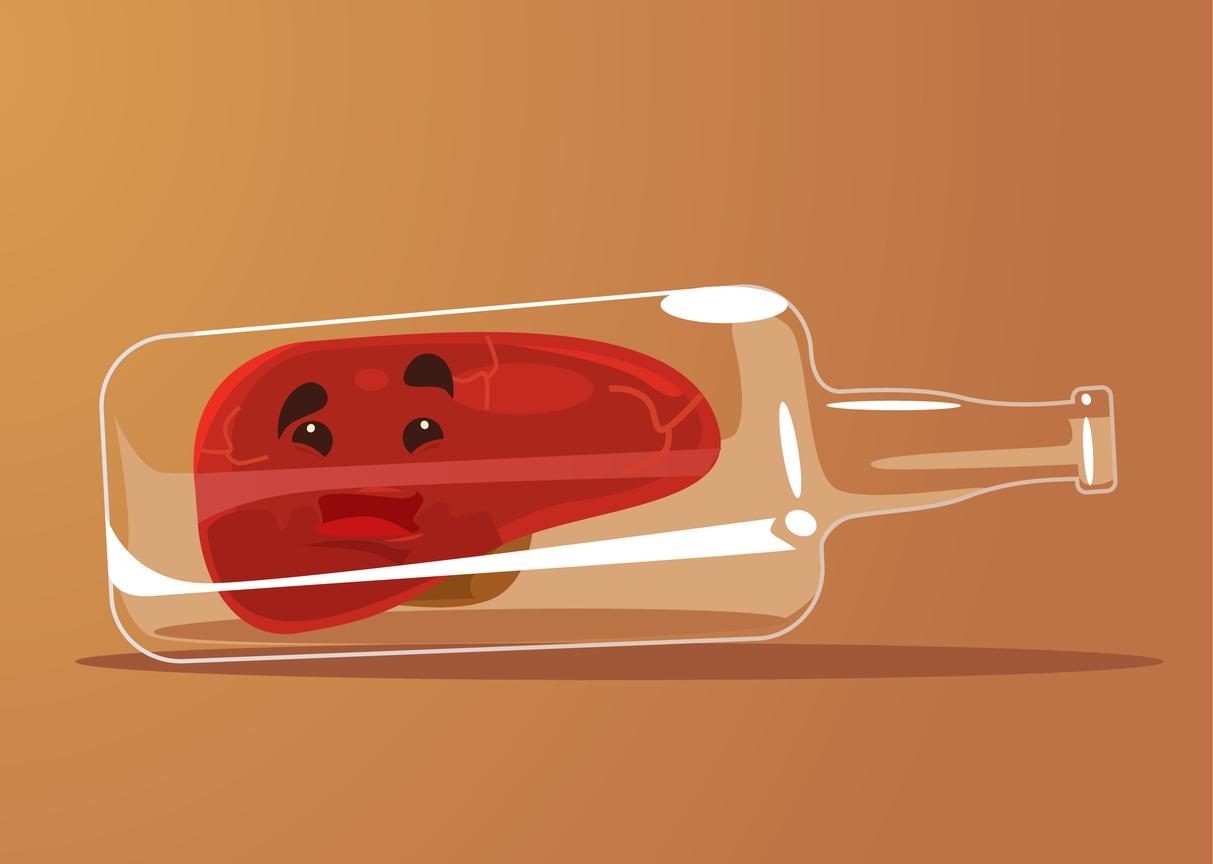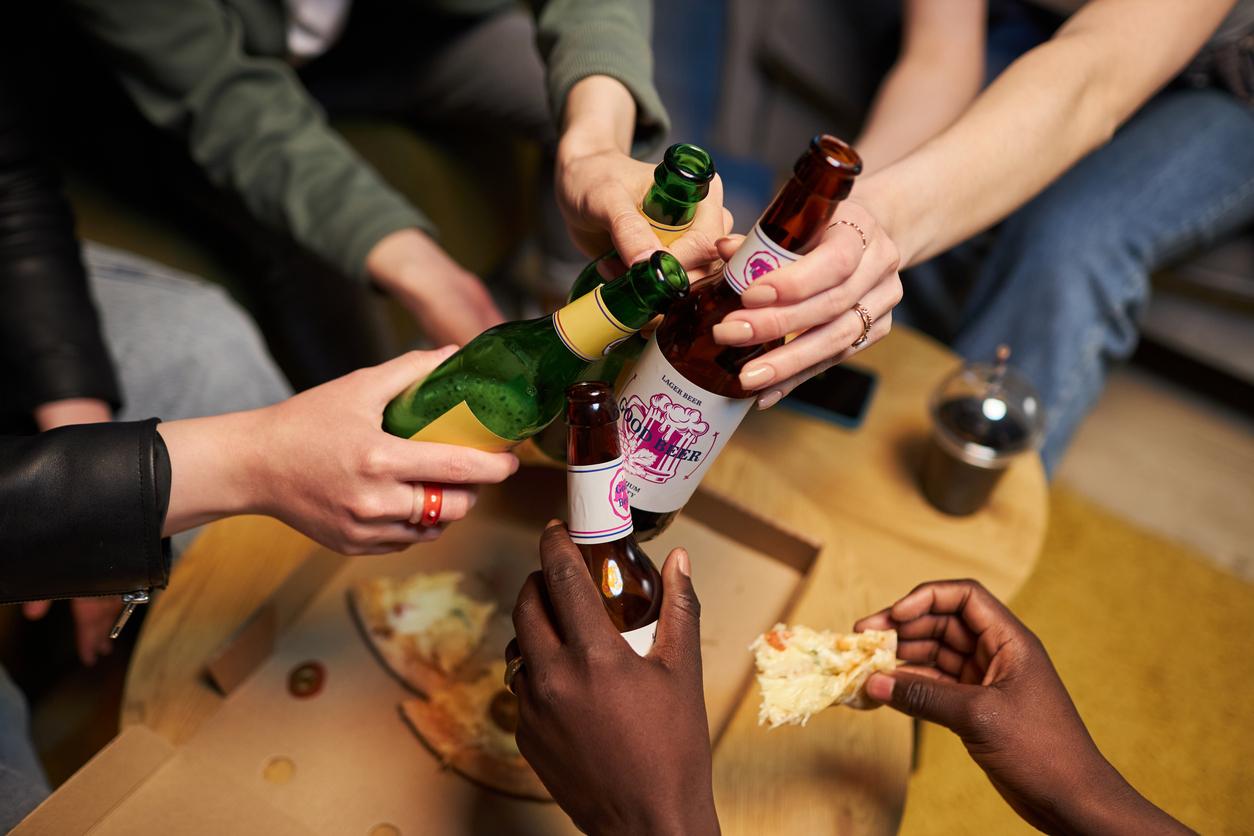More than half of gay, lesbian and bisexual people who abuse alcohol or tobacco also have psychiatric disorders.

- LGBT people are more prone to addictions and mental disorders.
- This would be due in particular to questions relating to sexual orientation, and to the rejection, stigmatization, persecution and discrimination to which they may be subjected.
Addictions are often associated with psychiatric disorders. Gay, lesbian or bisexual people with an addictive consumption of tobacco or alcohol would be particularly affected. This finding was made by researchers at the University of Michigan (USA). Their study was published in The American Journal of Psychiatry. These are observations “very surprising” according to lead researcher Rebecca Evans-Polce. “For women, the results are even more striking..”
A higher risk of psychiatric disorders
The researchers explain that the risk of addictive behavior related to alcohol and tobacco and that of suffering from psychiatric disorders is higher among gay, bisexual and lesbian people. In this research, they analyzed data from 35,796 respondents to a national study on alcohol and related disorders. The scientific team finds that the risk of suffering from post-traumatic stress is four times higher in bisexual people, compared to heterosexual people. According to the researchers, discrimination, stress or childhood trauma were linked to a greater likelihood of suffering from psychiatric disorders for gay, lesbian and bisexual people.
Women are more affected
Thus, 63% of bisexual women with addictive tobacco consumption also suffered from anxiety, mood disorders or post-traumatic stress. In comparison, these psychiatric pathologies affected only 46% of heterosexual women who smoked. For anxiety, the risk was 32.5% for bisexual women, compared to 16% for heterosexual women. The probability of having mood disorders was 35% for bisexual women, compared to 15% for heterosexual women. For post-traumatic stress, the risk was 21% for the first against 6% for the others.
Researchers are trying to understand why these risks are higher in bisexual women. “Social inequalities and stress due to sexism and heterosexism must contribute to this”, assumes Rebecca Evans-Polce. According to her, these results should contribute to the development of prevention programs both on addictive behavior linked to these substances but also on mental health for people belonging to sexual minorities.
Life courses have an influence on addictions
In 2018, a research had already taken an interest in addictive behaviors and sexual orientation. Researchers have found that difficulties relating to the acceptance of sexual orientation, rejection and stigmatization have an impact on the use of psychoactive substances among gay and bisexual men. According to the Ministry of Healththe consumption of these products is responsible for more than 100,000 deaths, by accident or illness, each year.

.
















